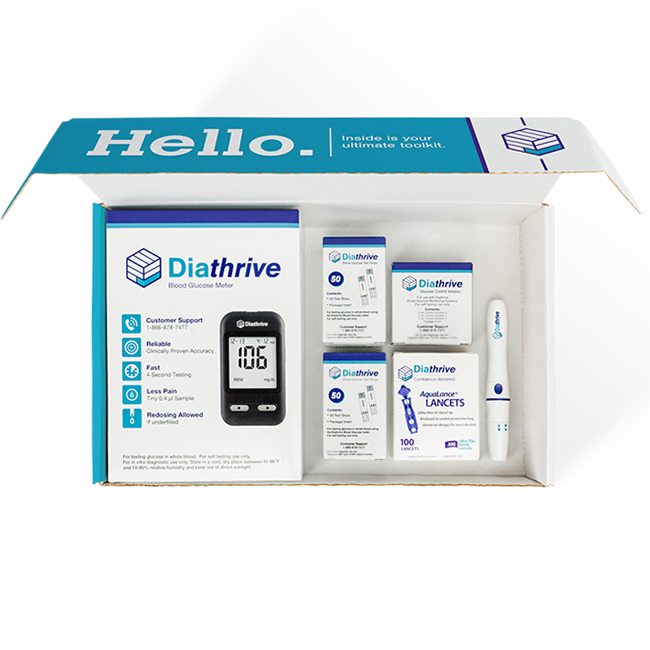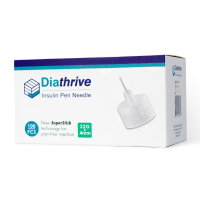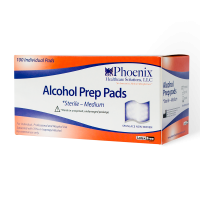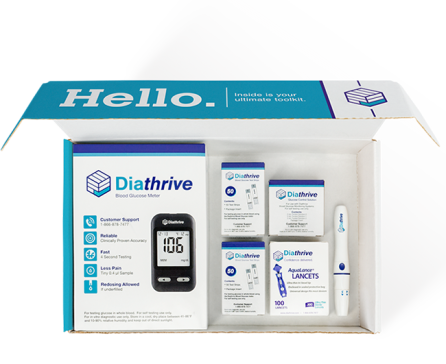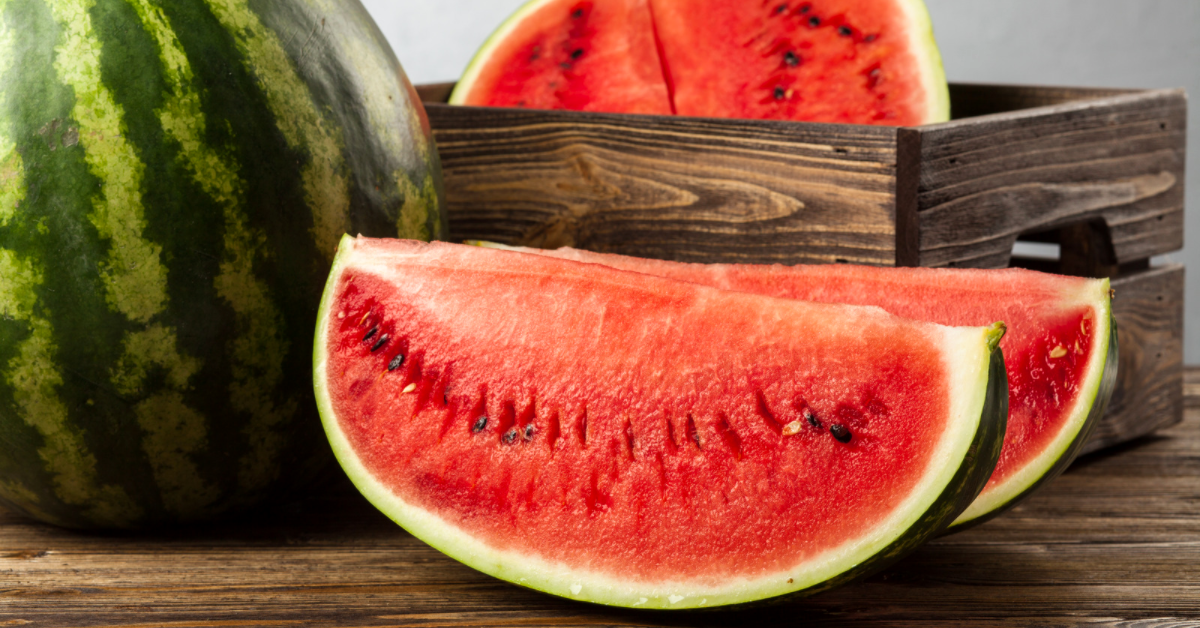
People with diabetes are often told what they can or can't eat, usually when it involves carbohydrates. Although these foods are sometimes viewed as problematic for people with diabetes, here's the reality: no foods are off limits. Learn how to make watermelon work with your blood sugar in mind.
Diabetes Problem Foods, Pt. 16
Oh, how I remember the days my mother would pull off to the side of the road after seeing a watermelon stand. I often wondered if she had x-ray vision that allowed her to pick the juiciest and sweetest tasting watermelon, but it was her instincts and years of helping her mother grow watermelons that made her such an expert. Nevertheless, I wasn't really a big fan of watermelons, but many people living with diabetes (PWD) look forward to enjoying this summer fruit. Watermelons embody key antioxidants, minerals, and vitamins essential to achieving and sustaining optimal health. Although July is National Watermelon Month, it’s never too late to enjoy this summer fruit in all its freshness or as an addition to your favorite and new recipes.
Can People With Diabetes Eat Watermelon?
Although watermelon contains fructose, a form of sugar, PWD can still enjoy this summer fruit. Recently, I spoke to someone with Type 2 diabetes who told me that she couldn’t eat watermelon because the fruit often raised her blood sugars. Then, with a little more probing from me, she confessed to eating large amounts of watermelon at a time and not adjusting her watermelon consumption with her blood sugar numbers. The woman received an "aha" moment when she realized that knowing her blood sugars can help her enjoy the foods she loves, including watermelon. Usually, it’s not what we eat but how much we eat that leads to high blood sugars.
As a child, I adopted a life motto that has served me, family members, friends, and clients for years. My motto comes from Now and Laters, my favorite childhood candy. Instead of having your favorite food in one serving, spread it out over several meals, snacks, and even days. Restrictive diets can be overwhelming. When we feel that we cannot have something is when we sometimes go overboard. Free yourself by having small servings of watermelon, check your blood sugars, and alternate with proteins and healthy fats before you rule a food out.
A Brief History of Watermelon
Watermelons date back to approximately 5000 years ago in South Africa, and watermelons belong to the same plant family, Cucurbitaceae, as cucumbers, pumpkins, and squash. Ancient people consumed watermelon for its high water consistency (which is 92%). Research reveals that the seeds were roasted and eaten as well.
The journey of watermelon continued with the Egyptians, as evidenced by their paintings and tomb findings.
Next, Greeks and Roman physicians, including the father of medicine, Hippocrates, used watermelon for its healing properties.
Then, the Europeans took great delight in this fruit and planted it in European gardens.
Finally, watermelon made its way to America via the slave trade. Improvement of the watermelon continued and led to the Charleston Grey watermelon, a popular watermelon variety that has lasted over 70 years.
-
Seedless watermelon came in the 1950s.
-
China produces the most watermelons.
-
Watermelon is classified as both a fruit and a vegetable.
Nutritional Facts For Watermelon
One serving of watermelon is 1 cup diced (152g) and yields 46 calories. This fat-free, cholesterol-free, and low sodium (2mg) food contains 12 grams of carbohydrates and 1 gram of fiber. In addition, watermelon contains calcium (10mg), potassium (169 mg), lycopene (antioxidant), citrulline, (amino acid), vitamins A, B6, C, and other nutrients. Watermelon can serve as a win-win when eaten in balanced amounts. The high water content may help with hydration and feeling full sooner. The fewer calories you consume, the greater potential for weight loss.
If you are not a watermelon fan, there are plenty of fruits that can offer you similar nutrients, if not more, such as bananas, raisins, and others.
Ways to Enjoy Watermelon
Although there's nothing like enjoying fresh fruit, you can also freeze watermelon. Over time frozen watermelon loses its firmness, so don't let it stay frozen too long.
Watermelons can be eaten fresh, used to make slushies, kabobs, and added to salads. Think about your favorite recipes. Instead of another fruit, consider using watermelon.
Here are a few recipes that may help you and those you love enjoy watermelons as part of a healthy lifestyle.
Academy of Nutrition and Dietetics (EatRight.org)
- Cucumber Watermelon Salad Recipe (eatright.org)
- Summer Is Time for Kids to Try New Foods (eatright.org)
Diabetes Self-Management
Fit Foodie Finds


